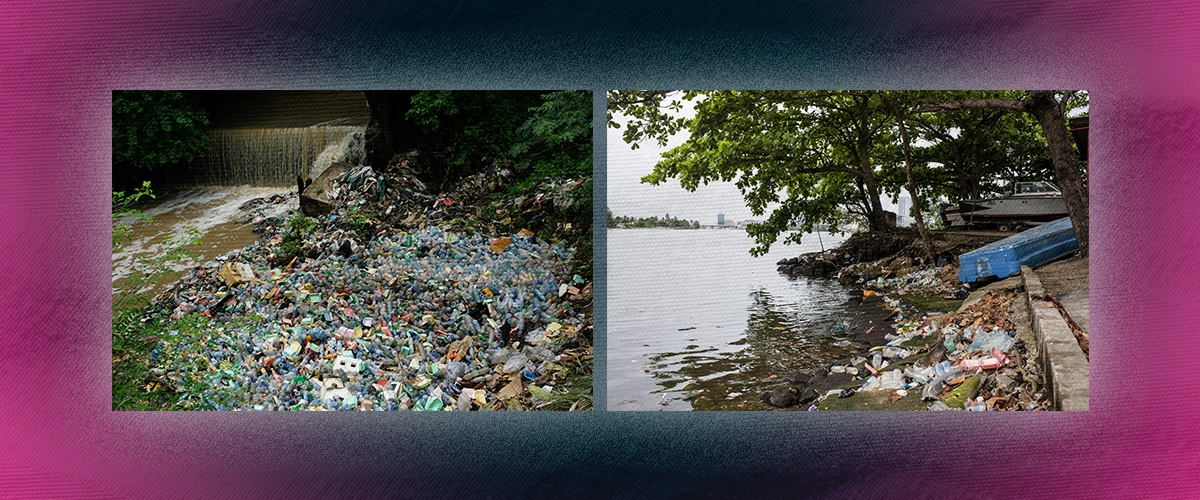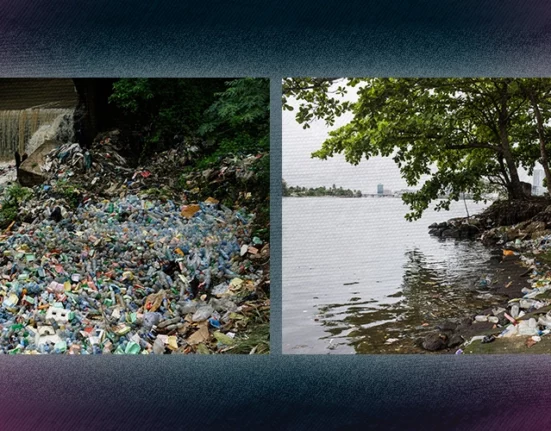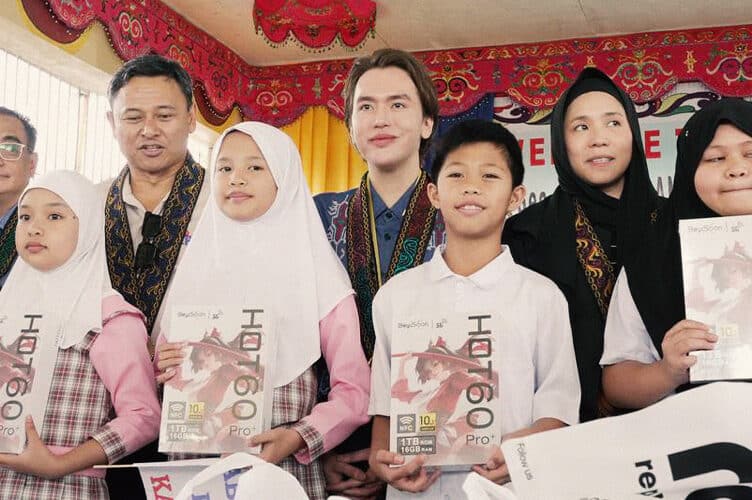AS PER the 2023 Global Break Free From Plastic Brand Audit, the Philippines is the third biggest contributor of total sachet plastic waste collected in four Asian countries.
This was conducted by the international network Break Free From Plastic, an organization launched in 2016 that was made to advocate for the reduction of single-use plastics. They also implore the public to find lasting solutions to the issue of plastic pollution worldwide.
According to the audit, the Philippines is rampant with plastic pollution, partially due to the prevailing sachet economy found within it.
In total, 10, 801 sachets from various parts of the country were collected, cataloged, and analyzed, particularly from Metro Manila, Dasmariñas City, Davao City, Iloilo City, and E.B. Magalona Town.
Iya Gozum of Rappler notes that the Philippines uses about 164 million plastic sachets daily, and discards about 59.8 billion of them yearly.
The audit wrote that the following brands contributed the most to sachet pollution:
- Yes 2 Healthy Life
- Mayora Inda
- Procter & Gamble
- Nestlé
- JG Summit Holdings
- Unilever
- Wings
- DXN Industries
- Alliance Global
- Monde Nissin
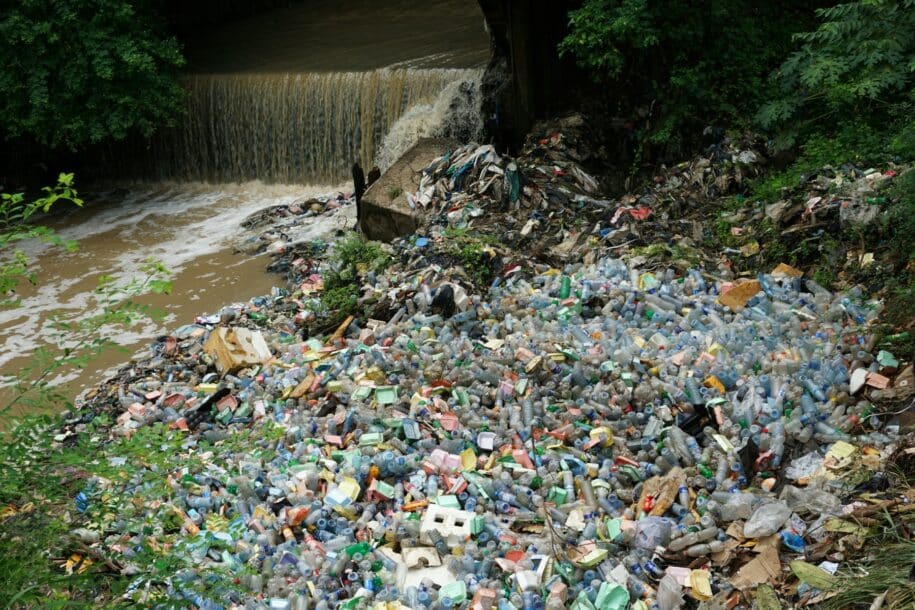
In the Philippines, sachet culture is nothing new. Even in 2021, it was found that these sachets made up about 52% of the millions of tons of plastics produced and used each year in the country, but the amount of pieces sold has only ever continued to grow.
Why? Because, aside from the fact that they’re extremely convenient, they’re the cheapest option. And if you’re in a place like the Philippines, wherein 18.1% of the population continues to live below the national poverty line, the cheapest option is sometimes the only one you’ve got.
Necessity over sustainability
In 2013, Ching Alano of The Philippine Star pointed out that if you were to buy 670ml worth of Pantene’s shampoo in sachets, it would amount to PHP 326.63. However, if you were to buy their 670ml bottle, it would be PHP 378. This would make buying the same amount of shampoo in sachets cheaper by 52 PHP.
If that was in 2013, then what more now?
And anyway, if you’re on a tight budget and need to decide between a shampoo that costs PHP 200 and a sachet that costs PHP 10, it would be a no-brainer to choose the latter over the former, regardless of the negative impact it may have on the environment.
This culture of buying sachets over bottles – one stick of cigarette over a pack, one sachet of toothpaste over a tube, one plastic bag of oil over a bottle – is what’s widely recognized in the Philippines as tingi culture.
It’s so popular because, for years now, it’s been marketed as “pro-poor,” serving as a cheaper alternative to your everyday needs.
And given that the Philippines is still only a developing country wherein the average income is low and the budgets of many are rather tight, companies capitalize on this by repackaging their products into smaller and smaller amounts.
In a lot of ways, writer Connie Veneracion explains that it would be cheaper to buy in bulk in the long run, but that isn’t an option for many Filipinos who live with one ideal in mind: I need it, and I need it now.
Veneracion refers to this as the importance of immediacy, which rules the Filipino’s life with an iron fist.
Thus, in looking at eco-friendly business practices, perhaps you shouldn’t be focused solely on the customers. There’s only so much one person can do.
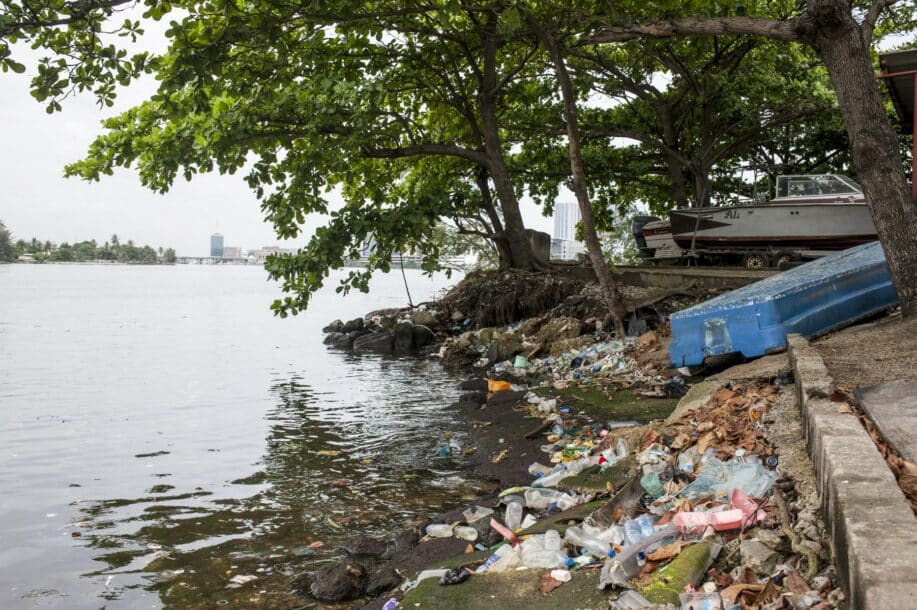
In talking about sustainability, you should hold consumers accountable for their practices, but the responsibility to make a change ultimately falls on the producers of the very products said consumers buy.
In the U.S., for example, it was estimated that the average person used about 38, 000 straws in their lifetime. On the other hand, four companies alone were found to produce 6 million metric tons of plastic every year.
While there are laws in the Philippines as well as in other countries that are trying to make the world a greener place, such as the proposition of a single-use plastics regulation law, there’s still much that has to be done to fix these problems.
At the top of that list should be figuring out a way to end the sachet / tingi culture rampant in the country once and for all, but ensuring that this is done in a way that doesn’t negatively affect those who rely on these sachets to get by in their day-to-day lives.
Given the current state of the economy, however, that seems impossible. Hopefully, in the future, it won’t be.
How useful was this post?
Click on a star to rate it!
Average rating 0 / 5. Vote count: 0
No votes so far! Be the first to rate this post.
We are sorry that this post was not useful for you!
Let us improve this post!
Tell us how we can improve this post?

